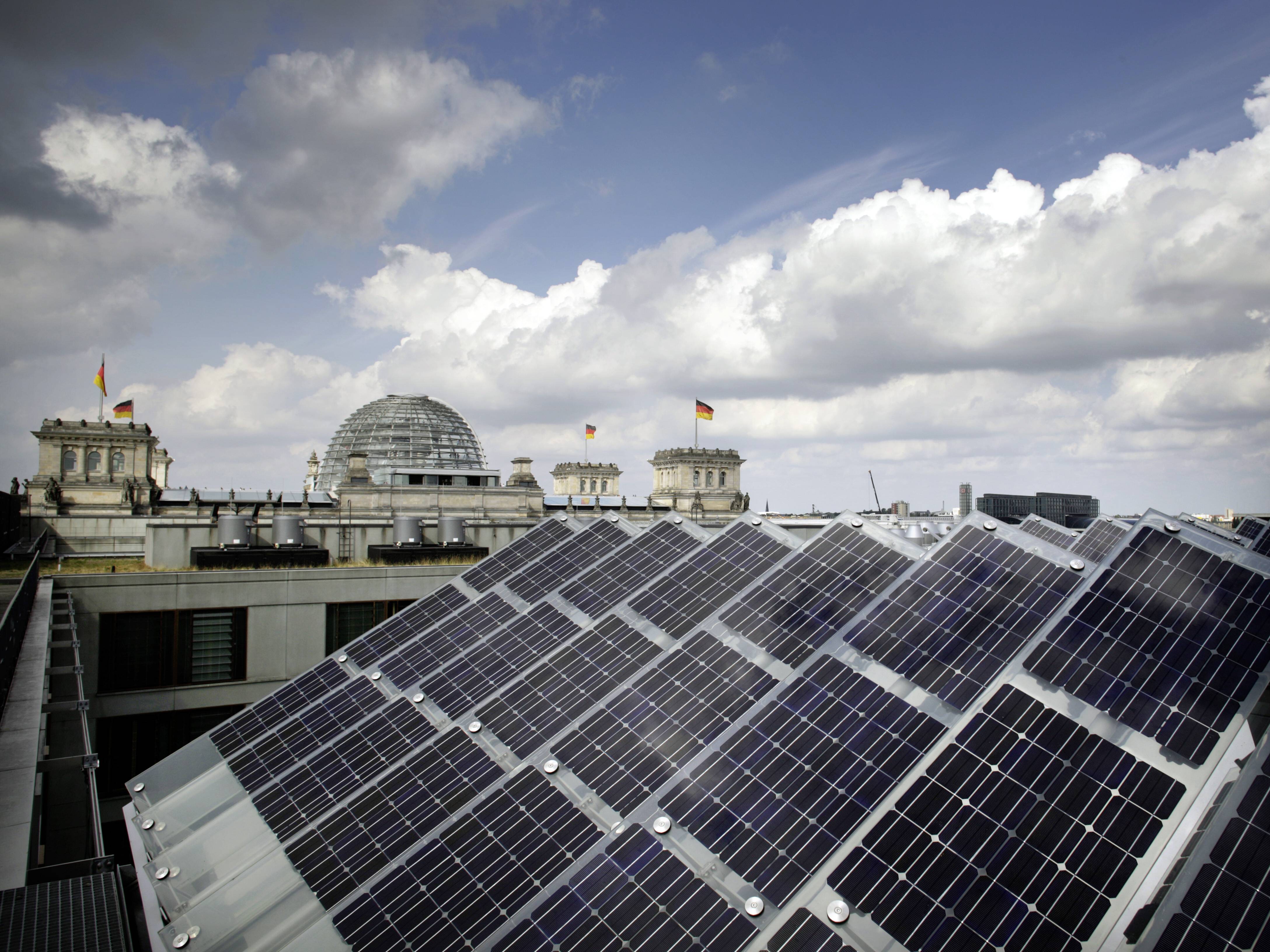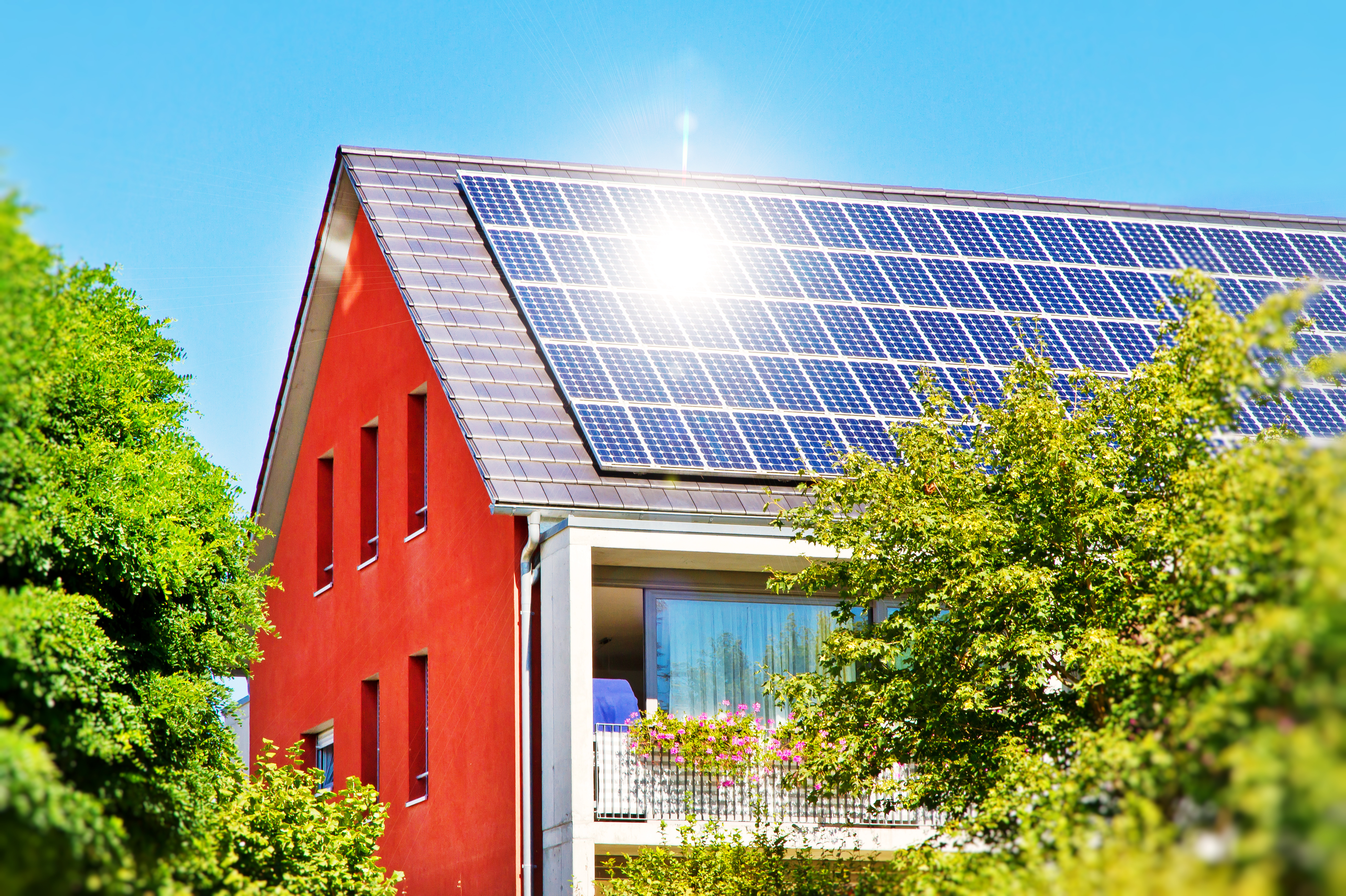The Managing Director of the German Solar Association (Bundesverband Solarwirtschaft, BSW-Solar) has issued the following statement on the agreement reached by the parliamentary groups of SPD, The Greens and CDU/CSU in the Bundestag on the amendment of the Energy Industry Act:
“Photovoltaics currently cover nearly 15% of Germany’s domestic electricity demand. Solar power has thus become a central pillar of the country’s electricity system. The current changes in energy law constitute necessary steps toward further increasing the flexibility of solar power and successfully integrating it into the electricity system. We are now seeing the removal of additional obstacles to the ambitious expansion of solar power and storage and the intelligent and demand-oriented operation of these crucial technologies. As the solar industry, we are meeting our responsibility to support and advance these changes, despite the adjustments and communicative challenges they will bring,” says Carsten Körnig, Managing Director of the German Solar Association.
BSW-Solar, the representative organization for the solar and storage industry, welcomes the fact that operators of solar installations will now be largely compensated for the planned elimination of feed-in tariffs during periods of negative prices on the exchange.
Other important measures are the agreed improvements toward a more flexible operation of storage systems and the planned streamlining of direct marketing for solar power. The German Bundestag also made the right decision in waiving the direct marketing obligation for solar power installations below the 100 kilowatt-peak capacity threshold, as had been planned in the original draft bill. Additionally, BSW-Solar describes the obligation of grid operators to provide secure control of solar power installations as long overdue.
On the other hand, the solar industry is critical of the proposed increase in price ceilings for intelligent metering systems, also known as smart meters. This would impose a unilateral burden on the operators of small PV systems, while the associated digitalization of the electricity grid would primarily benefit simplified grid operation and the general public.
From the standpoint of the solar industry, it is of crucial importance that the rollout of control technology take place without further delays. This is essential so that the interim limitation of feed-in capacity to 60%, as is currently planned in the draft bill for new photovoltaic systems, can be lowered again in the near future. Final customers need to understand that PV systems combined with an intelligently charged storage system have almost no disadvantages under the new regulations, since the solar generation peaks can be consumed directly on site or stored temporarily. Even for south-facing full-feed systems, the 60% ceiling on peak shaving would result in losses of only eight to nine percent of electricity fed into the grid.
Now that an agreement has been reached, the amendment is to be passed by the Bundestag this week.



